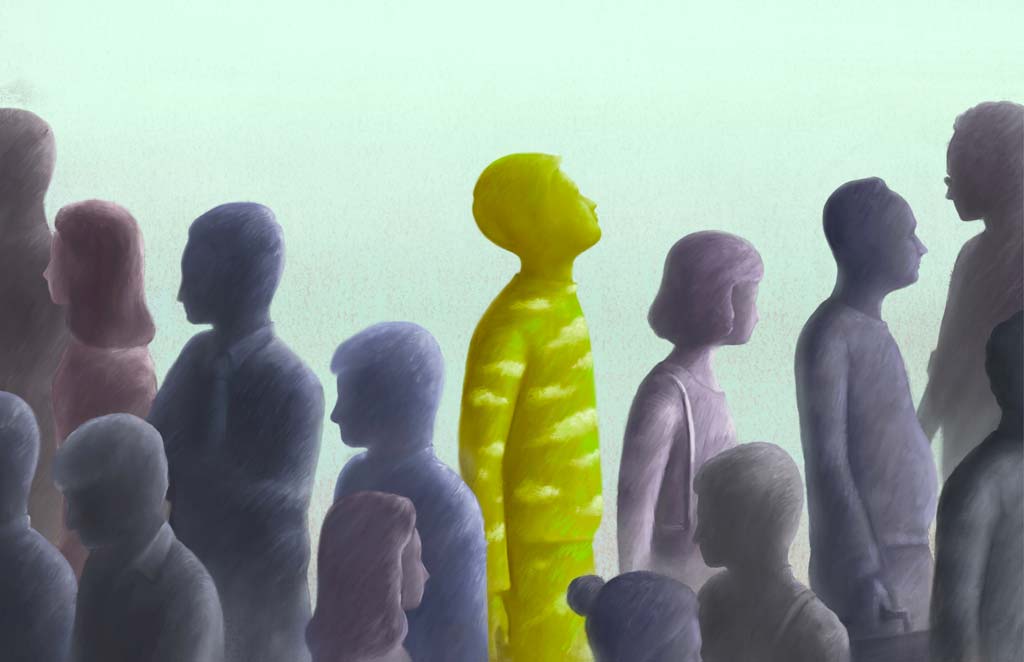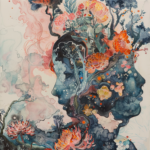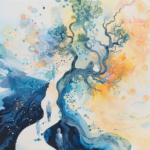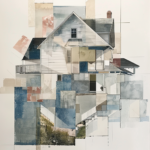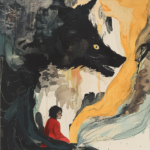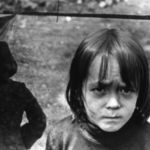CIPS NewsBriefs - Spring 2022
These Times (this time)
Submitted by Michael Krass, PhD, FIPA
We find ourselves in yet another strange and scary holiday season. When I drove to Fairfax County Government Center last February to get my first shot of the Moderna vaccine, I was sure that something was going to impede me, someone was going to tell me they had run out, or I would not be allowed in, or I did not have the proper ID, or I’d shown up on the wrong day. But driving back home on Route 66 – after succeeding in getting my first shot, I felt a massive weight lifted off my back. What was that strange feeling? It turned out it was something I was not feeling for the first time in almost a year: the relief at becoming aware that soon not every day would feel like it was going to be the day that I or a loved one caught the disease that killed us. And I was struck by the fact that I am a very lucky person to be living in the place I do, with the profession I have, with the means to access a drug that could allow me to not have to think all the time about myself – or my loved ones – dying a terrible and lonely death from a highly contagious virus.
As we round the corner from one year into the next, I find myself feeling exceptionally grateful for my connection with CFS. We are on variant #3, holiday trips and visits with friends were canceled, my increasingly in-person practice has returned to online only, everyone I know is either getting covid, knows people who have covid or has had recent contact with someone positive for covid. Before the holidays I, like so many others, could not find anywhere to get tested as people desperate to see their friends and family for Christmas rushed CVS and the health department and Target to determine if they could – or if they should – and I had just run out of the few at-home rapid tests I could get my hands on (leaving me to resort to ordering from an outfit with the sketchily vague name of Invidium). Like most of us, I have had family members, friends and colleagues die from covid or from diseases insufficiently treated because of covid. Where I practice, in the DC area, the demand for therapy is intense, many patients’ resistances to continuing in treatment have been ground down by the ubiquity of danger in their lives, and many, many people are desperate to start it. As a result, few therapists I know have openings; I don’t know how many times in the past year I have started off a phone call to a prospective patient with, “I’m sorry to tell you this, but” only to hear the person on the other end of the line finish my sentence: “your schedule is full right now.” I try to remind myself that too many people on a life raft will capsize it, but still, it breaks my heart.
Yet I feel grateful for so much in my life, not least of which is my connection to CFS. Our community was instrumental to me in coping and psychically surviving the worst (at least so far) of the past few years. When family get-togethers became cacophonous zoom-a-thons and when nights out with friends became talking with them on FaceTime or text about our mortal fears and, in a parallel process, our feelings of deprivation, of the peculiar loneliness of both being with and being apart from our families and friends, my connections to CFS and the wider psychoanalytic community became an often validating and rejuvenating lifeline. We analysts are familiar with a particular kind of loneliness, one that hovers at the edges of the intimacy that can evolve in our work with patients. So, for us, the quality of being together and apart at the same time was familiar, it was something that we were used to investing energy into mitigating.
And mitigate we did. The regular zoom community meetings gave us the opportunity to be with our colleagues from both the NY and the DC programs – some of whose faces we had never seen and voices we had never heard before; there was a sharing and mutuality that many of us found to be essential as we found out how much being in the physical presence with our patients meant to us, how exhausted most of us felt in our work resulting from having to adjust our non-verbal, non-linguistic verbal cues to the online format as well as from losing our in-person work as a source of energy that most of us had not previously realized we relied on.
I have always immensely enjoyed being part of analytic communities, from the international one afforded by the IPA, to the bond provided to us by our participation in CIPS, to the village we have in CFS, to the most intimate ones provided by my close colleagues and friends. However, I, and I feel many others would feel similarly, have come to value even more the importance of these concentric groups of people who do the same work as I do day in, day out, who do the hard work of attempting to manage their own existential fears in the context of metabolizing those of our patients.
